Description
Diogenites could just be one of the most fascinating rock types in existence and they are thought to be of plutonic origin. In both terrestrial and extraterrestrial geology, plutonic rocks are intrusive igneous rocks. That means they were once lava, but instead of being thrown out by a volcano and cooling on the surface, they cooled slowly underground. Slow cooling means they had time to grow large crystals which are often green in color.
Diogenites take their name from the Greek philosopher Diogenes of Apollonia. Diogenes lived in the Fifth Century B.C.E. in Thrace and in Athens and he believed that the universe was a constant, vast living substance and that our atmosphere was part of it and intelligent and, as such, was the source of all being. Sherlock Holmes fans will remember that Sherlock’s mysterious older brother, Mycroft, was co-founder of an equally mysterious gentleman’s association called The Diogenes Club.
The other Vesta meteorite types — howardites and eucrites — journeyed to Earth from that giant asteroid’s surface, but diogenites are different. They originated deep underground and were delivered here on because of the catastrophic meteorite impacts that occurred on Vesta in the distant past. Diogenites are cooled crystalline magma (or lava), excavated from deep inside Vesta by a meteorite impact so tremendous, it blasted right through the crust to the interior of our largest asteroid. The excavated material was expelled into space and some of it eventually landed on Earth as diogenite meteorites.
See 360 video below.
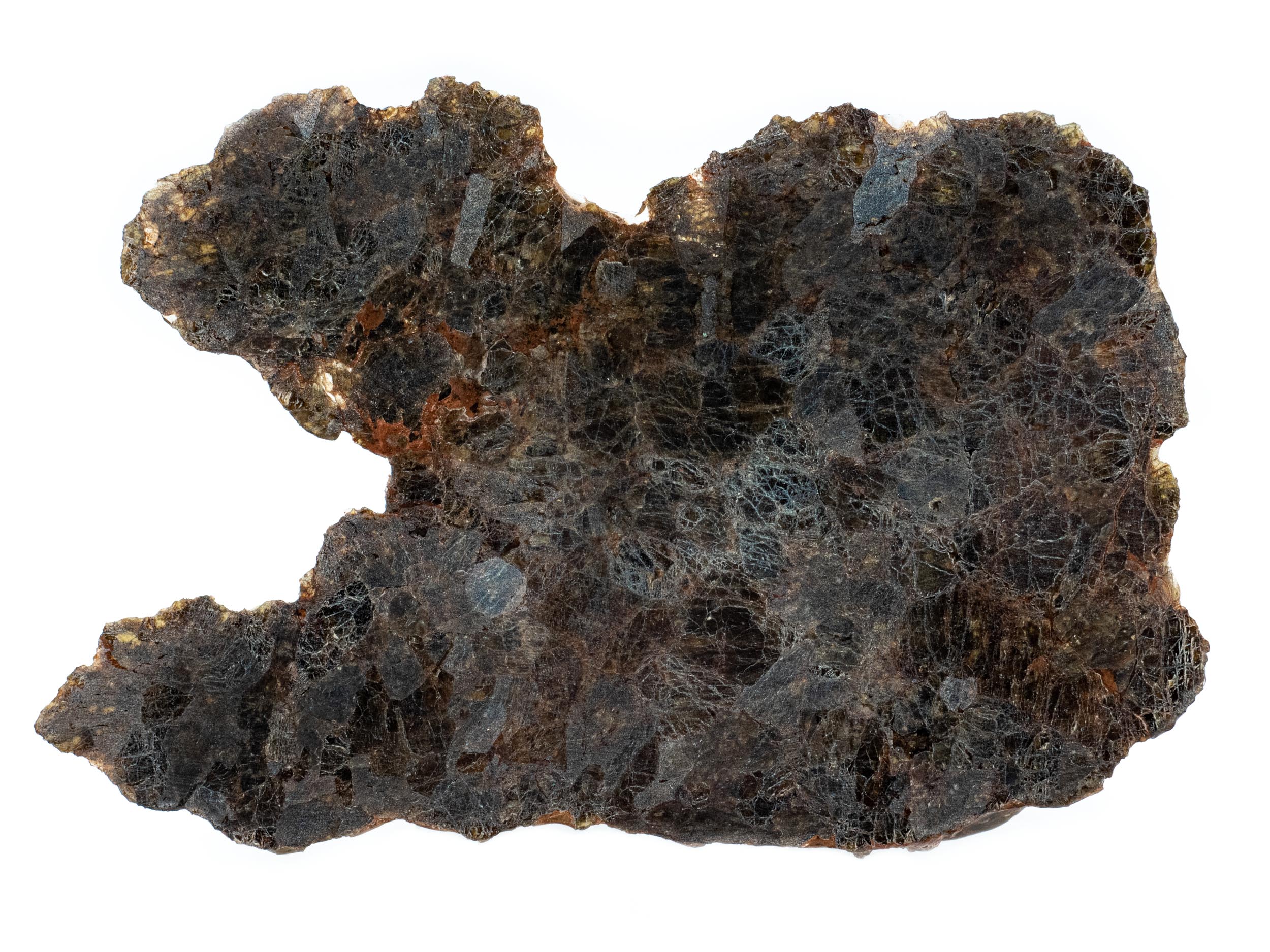
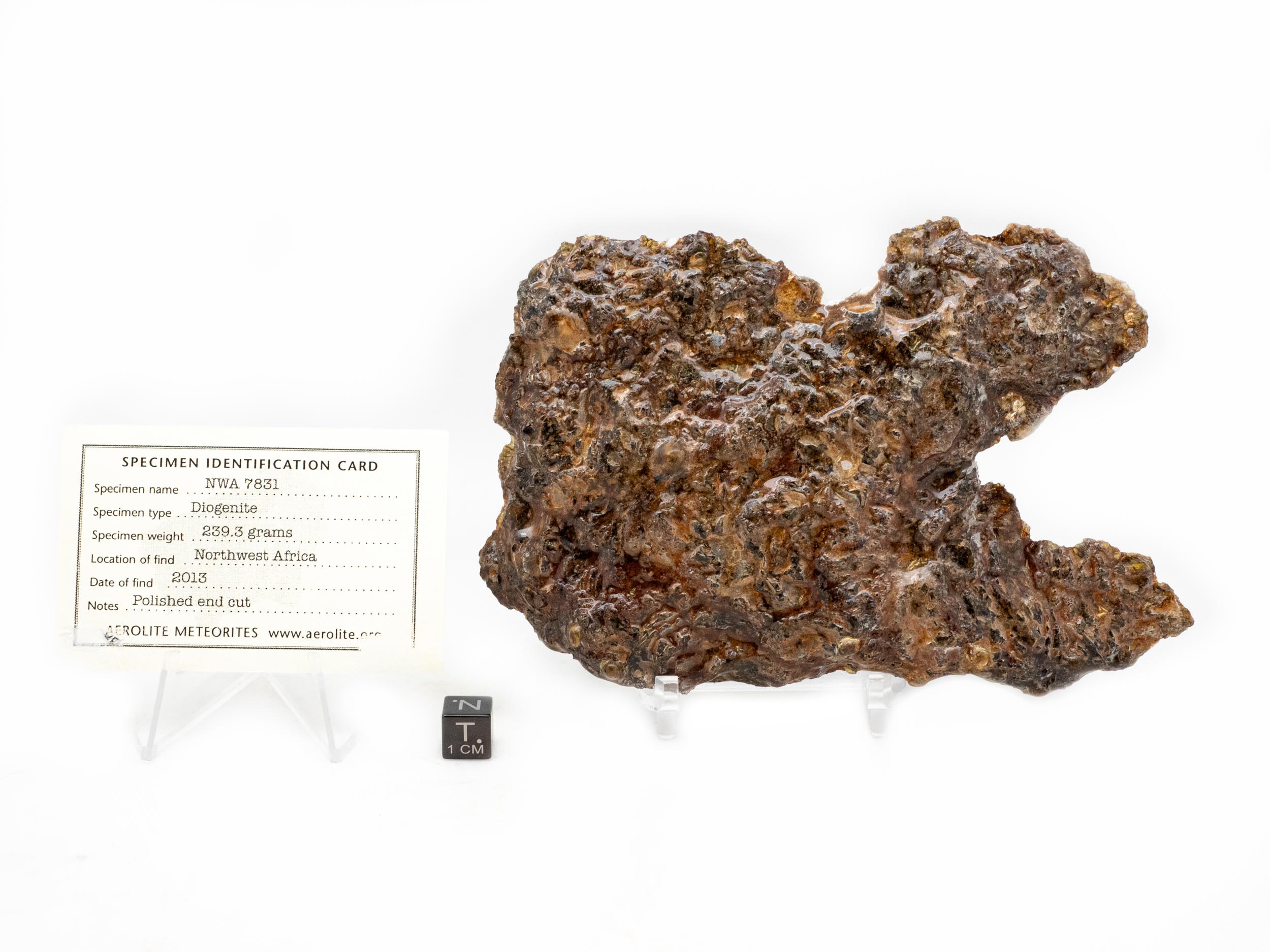
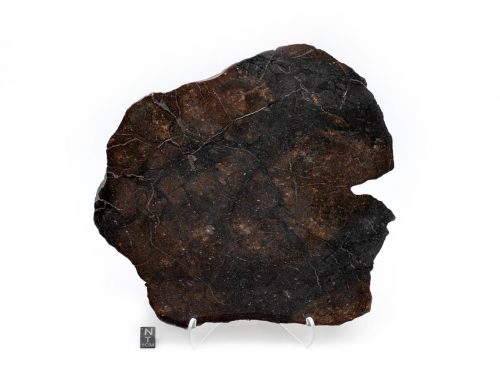
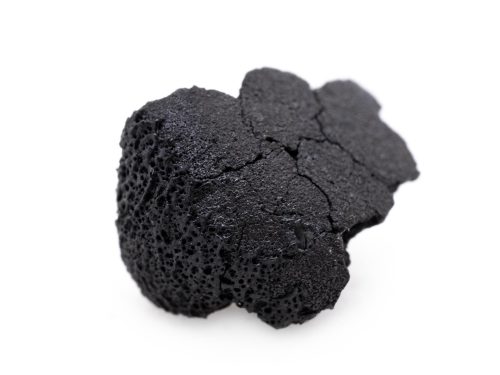
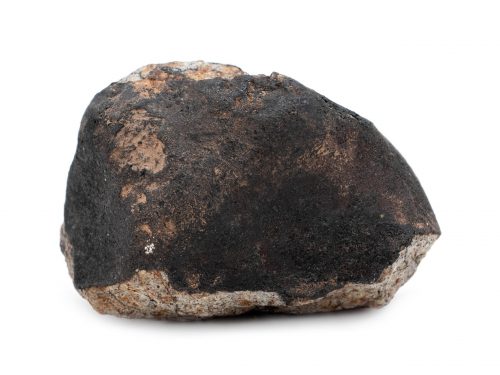
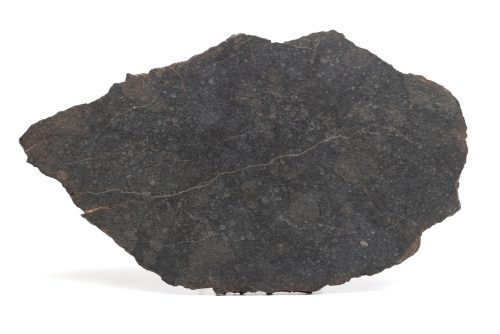
Reviews
There are no reviews yet.